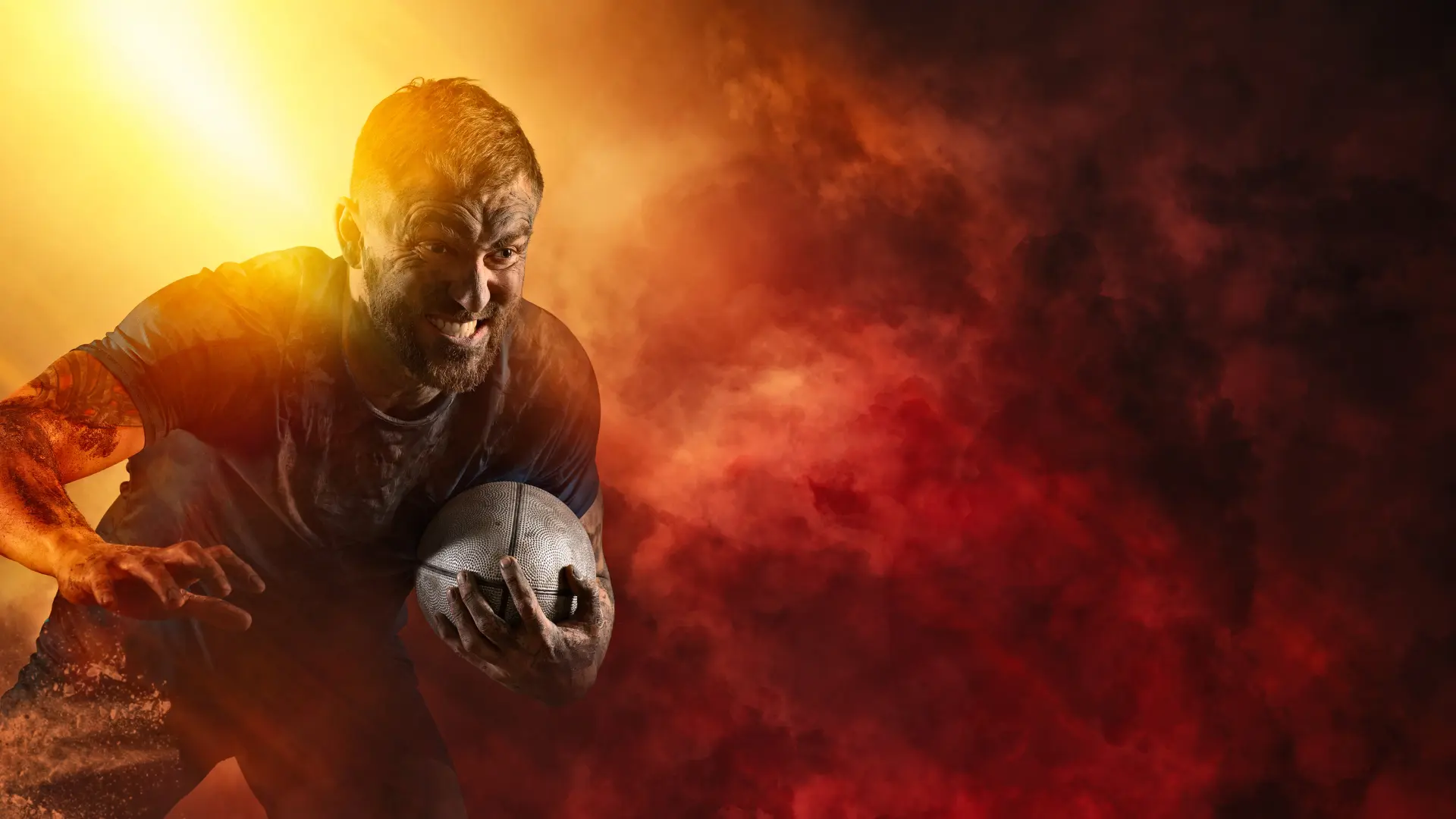From Prisons to Fields of Hope: The Story That Captivated Disney
On a cold March morning in 2009, criminal lawyer Eduardo “Coco” Oderigo walked through the heavy doors of the San Martin prison in Buenos Aires for the first time. What he found there would forever change his life and that of thousands of others: an atmosphere of hopelessness, violence and resignation. However, where others saw hopeless cases, Oderigo saw an opportunity for transformation through an unconventional tool: rugby.
The Seed of Change
“When you walk into a prison, the first thing that hits you is the weight of the environment,” Oderigo reflects. “It’s not just the physical walls; it’s that crushing sense of lives on pause, of futures cut short.” This observation led the lawyer to realize that the real prison is not always in the walls around us, but in the mental barriers we build or that society builds for us.
The Spartans project was born out of this deep understanding of the dual nature of incarceration. Oderigo understood that to transform lives he needed to address both physical and mental prisons. Rugby, with its values of teamwork, respect and discipline, became the perfect vehicle for this transformation.
Beyond Sport
What began as simple rugby training soon evolved into a comprehensive program of social transformation.
“It’s not just about teaching how to play,” Oderigo explains. “It’s about rebuilding the human fabric, about reconnecting these people with their own humanity.”
The program is structured around four main pillars: rugby practice, spirituality, education and job linkage. Each element was carefully designed to address different aspects of psychosocial rehabilitation.
Inner Transformation
The psychological impact of incarceration is frightening. Studies show that prison life causes significant personality changes that can make rehabilitation difficult. Inmates develop chronic distrust, difficulty relating to others, problems with decision-making, and emotional anesthesia. The prison environment can trigger or aggravate mental health problems. Factors include: deprivation of liberty, previous adversities, iatrogenic environment, social isolation, and loss of family support.
By applying sport psychology in the program, there was a multidimensional intervention, enabling the developmentof psychological skills, strengthening resilience, improving self-esteem and building positive social bonds.
Sports psychologists working with the program have documented significant changes in the participants. “We see a remarkable evolution in the way they manage their emotions,” notes Dr. Maria Gonzalez, the program’s sports psychologist. “Rugby teaches them that strength is not in violence, but in the ability to work together, to trust each other.”
This inner transformation is reflected in hard numbers: the recidivism rate among program participants has dropped from 65% to 5%, an unprecedented achievement in the prison system.
A New Paradigm
The reduction in recidivism from 65% to 5% demonstrates the effectiveness of alternative approaches to public safety and rehabilitation. In addition tocrime prevention, the program’s success is evidenced in effective rehabilitation, social inclusion andcommunity support.
Fundación Espartanos has made significant progress in infrastructure:
- Construction of rugby fields
- Implementation of educational classrooms
- Creation of a digital classroom with regulated Internet access.
- Construction of an auditorium
Parallels with the BELO Project
The Spartans experience finds a significant echo in another transformative project: the BELO Project. While Spartans works with physically incarcerated people, BELO focuses on those trapped in the invisible prisons of mental health stigmas. Among the multiple stigmas is the social stigma that generates isolation and hinders inclusion, recovery and job placement.
“Mental barriers can be as restrictive as prison walls,” reflects Luis Garcia, founder of the Europamundo Foundation. “Both at Espartanos and BELO, we work to break down these walls, visible and invisible.”
A Global Phenomenon
The program’s success has transcended borders. Currently, Espartanos operates in 59 prisons in 7 countries, with more than 650 volunteers and 100 partner companies. The Espartanos model has been successfully replicated in Chile, Uruguay, El Salvador, Peru, Spain and Kenya. This expansion has caught the attention of Disney+, which has decided to bring this inspiring story to screens around the world.
The Series that will Move the World
“Spartans, A True Story” premieres next February 19 on Disney+. The series documents the extraordinary story of Argentina’s first prison rugby team and its transformative impact on society.
But before that, on February 7, viewers will have a unique opportunity to interact with Coco Oderigo in an exclusive live broadcast. During this event, moderated by Luis García, Oderigo will share unpublished details about this extraordinary story of social transformation and answer questions from viewers.
The Legacy Continues
The impact of Espartanos goes beyond statistics. Each rehabilitation story represents a family rebuilt, a community strengthened, a new lease on life. The program has proven that when sport, psychology, education and community support are combined, transformation is not only possible: it is inevitable.
The Spartans story reminds us that true freedom begins in the mind and spirit, and that the most profound social change occurs when we dare to look beyond labels and prejudices, recognizing the humanity inherent in every person, regardless of their current situation.
Each rehabilitation story represents a family reconstituted, a community strengthened, a new lease on life.
The convergence of sport, psychology, philosophy and public safety demonstrates that social transformation is possible when the different dimensions of the human being are addressed simultaneously. The success of the Spartans program, reflected in its expansion to seven countries and its adaptation into a Disney+ series, is evidence of the potential of this integrated approach.
The significant reduction in the recidivism rate represents not only a statistical achievement, but a profound human transformation that positively impacts public safety, mental health and the social fabric as a whole. But we must remember that the success of projects such as Espartanos and BELO depends on the active participation of volunteers,collaboratingcompanies, educational institutions, families and communities.



